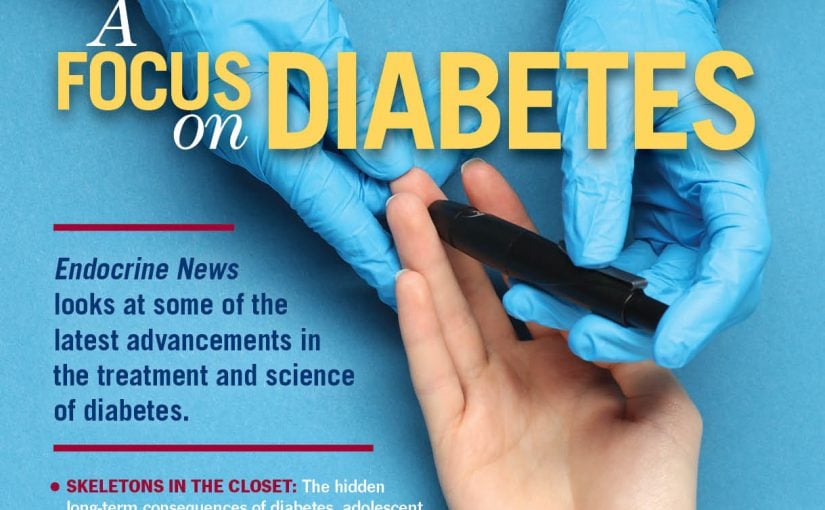Richard E. Weitzman Outstanding Early Career Investigator Award
Rana K. Gupta, PhD

Rana K. Gupta, PhD, is a professor of medicine at Duke University School of Medicine in Durham, N.C. He spent a decade building a research program at the University of Texas Southwestern that has earned international recognition for its novel contributions to the field of adipose tissue development and function.
Gupta is one of the preeminent investigators in the field of adipose biology, especially as it relates to pathogenesis of cardiometabolic diseases and the regulation of metabolic homeostasis. He is a thought leader in the field of adipose tissue progenitors and has contributed several authoritative review articles on this topic, and is an active participant on the National Institute of Health study sections focused on the work in the field of diabetes, obesity, and metabolism.
How has the Endocrine Society supported your professional development/career journey?
The Endocrine Society has been an important part of my academic journey since the days of my PhD training. Attending the annual meetings as a trainee gave me exposure to cutting-edge clinical and basic science research in my field and in closely related fields. I always found the interactions with senior investigators and the presentations of their work to be inspiring; this gave me role models to look up to. As a faculty member, my involvement as a member of the Annual Meeting Steering Committee was equally rewarding. The process of planning exciting symposia for the annual meetings gave me an opportunity to think critically about what the important areas of research in our field are today, and what is likely to be important in the future. Today, participation in the Endocrine Society has allowed me to come full circle; I can now offer trainees the support and opportunities that were given to me at their stage of their careers.
As a Laureate Award recipient, do you have any advice for those just beginning their careers?
Everyone starting their independent career is in a different situation; however, the advice that served me well was the advice given to me by my mentors: Stay focused. Identify one or two important problems in the field that motivate you and dive deep into those problems. Let the science and the lab grow organically from there.
ABOUT THE AWARD
Established in 1982 through a generous gift by an anonymous donor, this award honors the memory of the late Richard E. Weitzman, who had a brief but outstanding career studying neurohypophyseal hormones and cardiovascular-endocrine physiology. This award recognizes an exceptionally promising young clinical or basic investigator based upon the contributions and achievements of the nominee’s own independent scholarship performed after completion of formal training and on the recipient’s entire body of work, rather than a single work.

